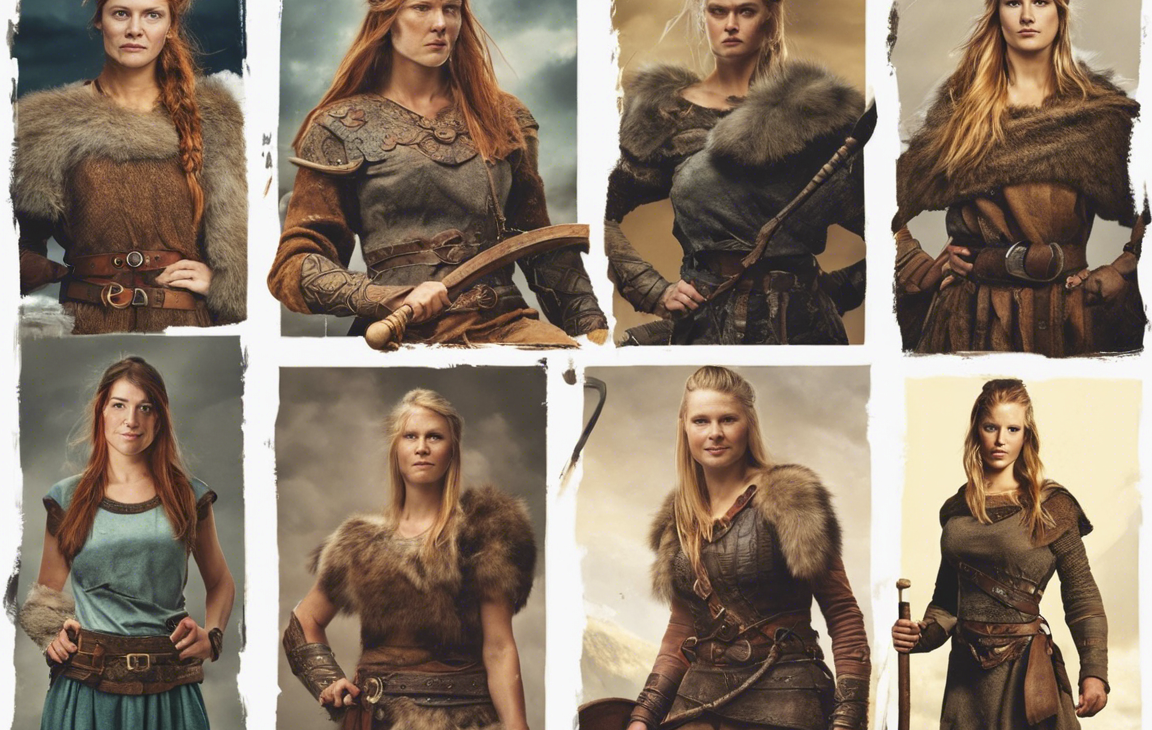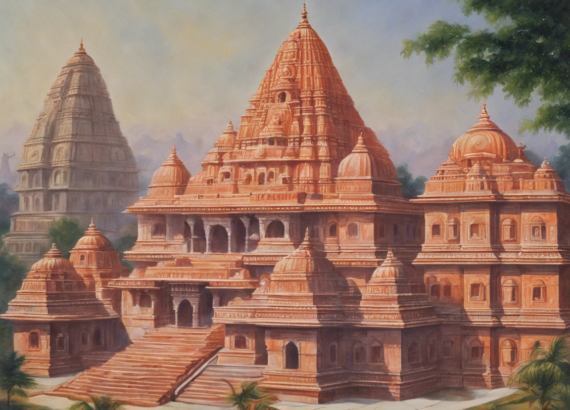Context and Introduction
Female Viking names are often associated with strength, courage, and resilience, reflecting the values of the Old Norse culture. While the popular image of Vikings may be dominated by fierce male warriors, women played crucial roles in Viking society as well. They were warriors, traders, farmers, and rulers, contributing significantly to the rich tapestry of Norse history and mythology. This blog post aims to delve into the fascinating world of female Viking names, exploring their meanings, origins, and cultural significance.
Understanding Viking Naming Conventions
In Viking society, names held great importance, often reflecting the characteristics, aspirations, and lineage of an individual. Viking names were typically composed of two elements: the personal name (the “fornafn”) and the descriptive or family name (the “kenninafn”). Women were often identified by their personal names followed by a matronymic or a patronymic based on their father’s or mother’s name. For example, if a woman’s father was named Erik, her name could be Gunnhild Eriksdottir (meaning Gunnhild, daughter of Erik).
Popular Female Viking Names
-
Freydis – Derived from the Old Norse name Freyja, this name means “Lady” or “Mistress.” Freyja was the goddess of love, fertility, and war in Norse mythology.
-
Ingrid – Meaning “beautiful,” Ingrid was a common name among Viking women. It exudes elegance and grace, reflecting the inner strength of its bearer.
-
Sigrid – This name combines two elements: “victory” (sig) and “beautiful” (frid), symbolizing a woman who is both triumphant and lovely.
-
Thora – A name meaning “Thunder,” Thora represents power and authority, qualities highly admired in Viking women.
-
Brynhild – Derived from Old Norse elements meaning “armor” and “battle,” Brynhild signifies a warrior woman ready to conquer any challenge.
Unique and Uncommon Female Viking Names
-
Siv – Meaning “bride” or “wife,” Siv symbolizes love, devotion, and partnership.
-
Hildegunn – Combining “battle” and “war,” this name embodies a woman of strength and valor.
-
Jorunn – Signifying “horse-love,” Jorunn celebrates independence, freedom, and a fierce spirit.
-
Ylva – Translating to “she-wolf,” Ylva represents the untamed and wild nature of a woman.
-
Ragnhild – A name composed of elements meaning “advice” and “battle,” Ragnhild denotes a wise warrior ready for combat.
Exploring the Meanings Behind Female Viking Names
-
Gunnhild – Combining “battle” and “war,” Gunnhild epitomizes a strong, fearless warrior woman.
-
Liv – Meaning “life,” Liv represents vitality, resilience, and the essence of existence.
-
Aslaug – Derived from “god” and “strength,” Aslaug signifies a woman blessed with divine power and fortitude.
-
Hjordis – Signifying “sword goddess,” Hjordis denotes a woman of martial prowess and skill in combat.
-
Helga – This name means “holy” or “blessed,” embodying a woman of sacred and pure nature.
FAQs about Female Viking Names
-
Question: Were Viking women given names based on their societal roles?
Answer: Yes, Viking women often received names reflecting their qualities, aspirations, or familial connections. -
Question: How were Viking names chosen for baby girls?
Answer: Viking names for girls were selected based on cultural significance, family traditions, and the desired characteristics for the child. -
Question: Did Viking women have the freedom to choose their own names?
Answer: While societal norms and traditions usually dictated naming practices, some women may have had the agency to influence their own names. -
Question: Were there any naming rituals or ceremonies for baby girls in Viking culture?
Answer: Viking naming ceremonies for girls involved gatherings of family and kin, where blessings were offered, and the child’s name was announced. -
Question: Are there any resources available to explore more Viking names for girls?
Answer: Yes, historical texts, sagas, and online databases offer a wealth of information on traditional Viking names for girls.
In conclusion, female Viking names offer a window into the rich heritage and culture of Norse society. Each name carries with it a story, a legacy, and a connection to the brave women who shaped Viking history. By understanding the meanings and significance behind these names, we can appreciate the strength, resilience, and spirit of the remarkable women of the Viking Age.






